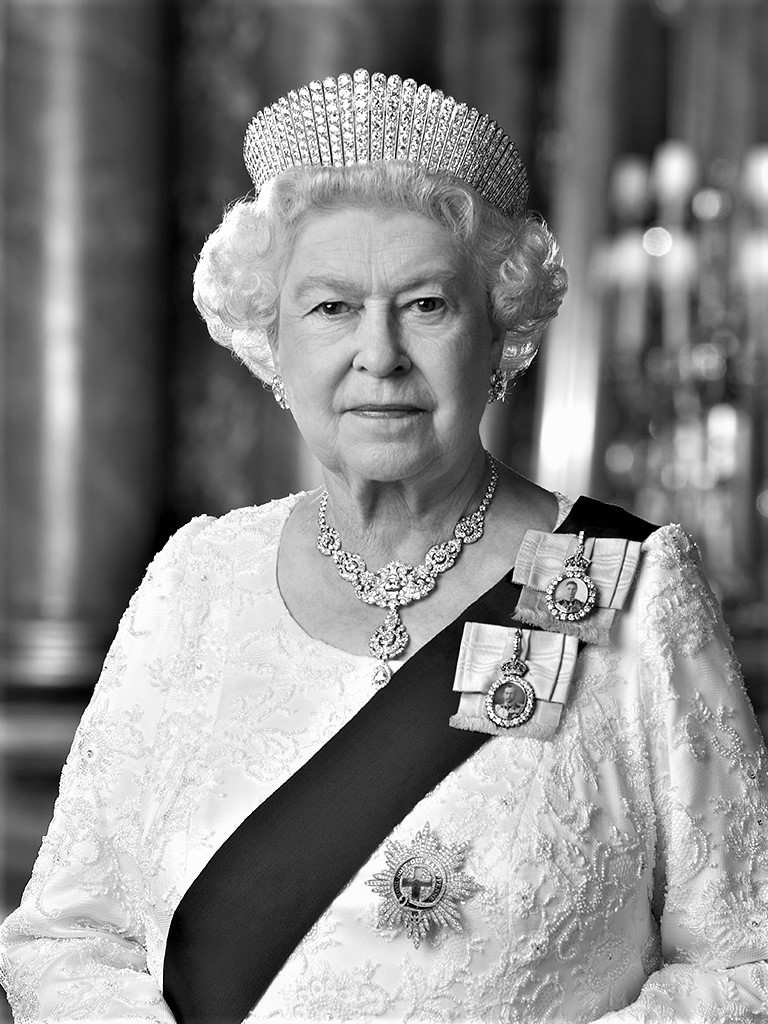About Huntington's Disease (HD)
Huntington’s disease (HD) is a complex neurological condition with symptoms that typically begin to develop between the ages of 30 and 50.
In around 5-10% of cases HD symptoms develop before the age of 20 - this is known as Juvenile Huntington’s disease.
HD is hereditary, meaning it impacts upon entire families over generations rather than on individuals alone. Each child of a person with HD has a 50% chance of inheriting the condition.
As HD progresses it can affect a person’s:
- Movement (or motor skills): People with HD can suffer from repetitive involuntary movements resulting in mobility, balance and coordination problems as well as difficulties with speech and swallowing.
- Thinking processes (or cognition): People with HD can develop a type of early onset dementia, which affects their ability to process information, make decisions, solve problems, plan and organise.
- Mental health: People with HD can also experience a decline in mental health. Depression, anxiety, irritability, obsessive pre-occupations and apathy are amongst the most common mental health problems experienced. Psychosis may also occur.
Symptoms generally progress slowly over a long period time. Those impacted may experience gradual loss of independence and require increasing care and support. Most people with the condition will eventually require 24 hour care.
A well coordinated multi-disciplinary approach to the care and support of people living with Huntington's disease is essential.
The National Care Framework for Huntington's Disease
The Scottish Huntington’s Association has published a National Care Framework which outlines the care and support that HD families should be entitled to receive throughout the country.
The National Care Framework is funded and supported by the Scottish Government and backed by all parties in the Scottish Parliament. It was developed by a multi-disciplinary expert group and has been supported and endorsed by the National Advisory Committee for Neurological Conditions, NHS Boards, Health and Social Care Partnerships, professional bodies, HD family members, academics and national and international third sector partners.
The Framework seeks to ensure that the care and support provided to individuals and their families living with Huntington’s disease takes account of their specific health & social care needs throughout their experience.
The National Care Framework for HD can be viewed at
www.care.hdscotland.orgTayside Contact Information
HD Clinical Leads (post shared by Dr Esther Sammler and Dr Jonathan Berg)
Dr Esther Sammler
Consultant Neurologist
Neurology Department
Ninewells Hospital and Medical School
Dundee
DD1 9SY
01382 740034
Dr Jonathan Berg
Senior Lecturer and Consultant in Clinical Genetics
Ninewells Hospital and Medical School
Dundee
DD1 9SY
01382 632035
HD Specialists
Paula McFadyen
Senior HD Specialist
01382 424172
paula.mcfadyen@nhs.scotLindsay Wilson
HD Specialist
01382 424196
lindsay.wilson7@nhs.scotRoom 3010
East Day Home
Kings Cross Hospital
Clepington Road
Dundee
DD3 8EA
Specialist Youth Advisor Jenny Bruce
07786175249
jenny.bruce@hdscotland.orgFinancial Wellbeing OfficerBen Peter
07856199598
ben.peter@hdscotland.org

